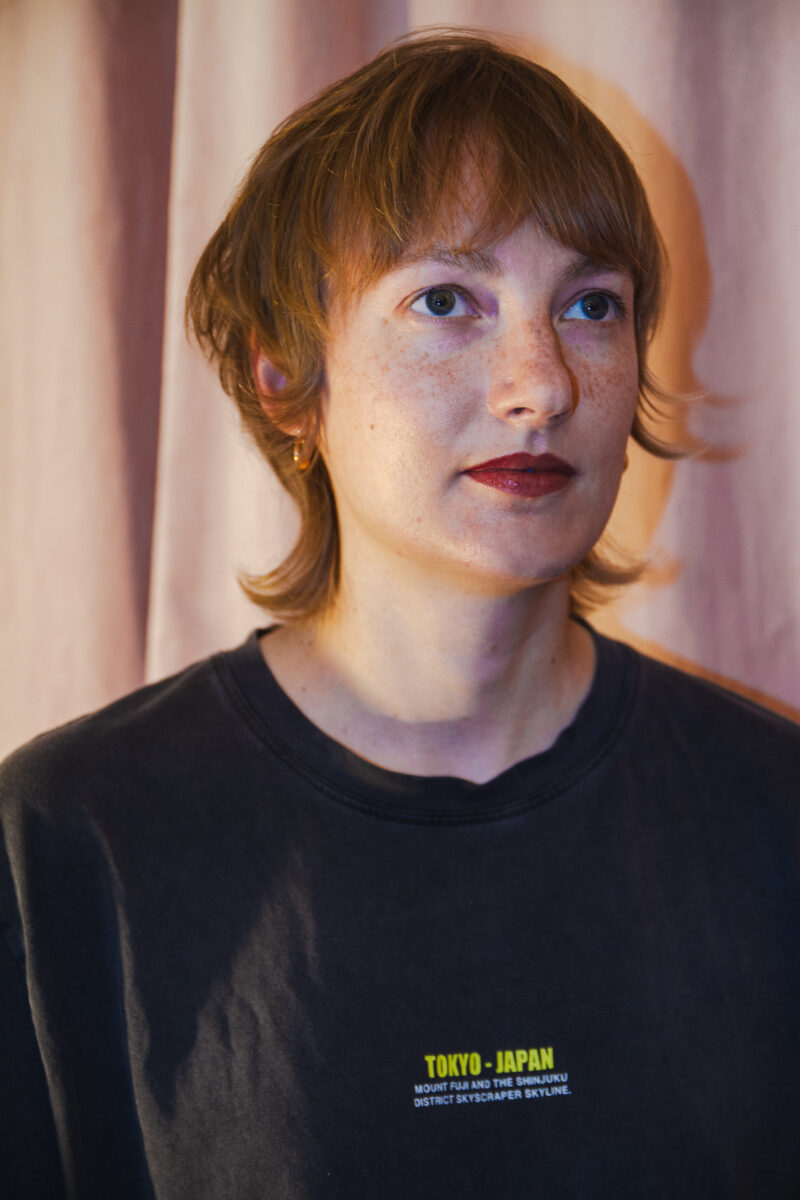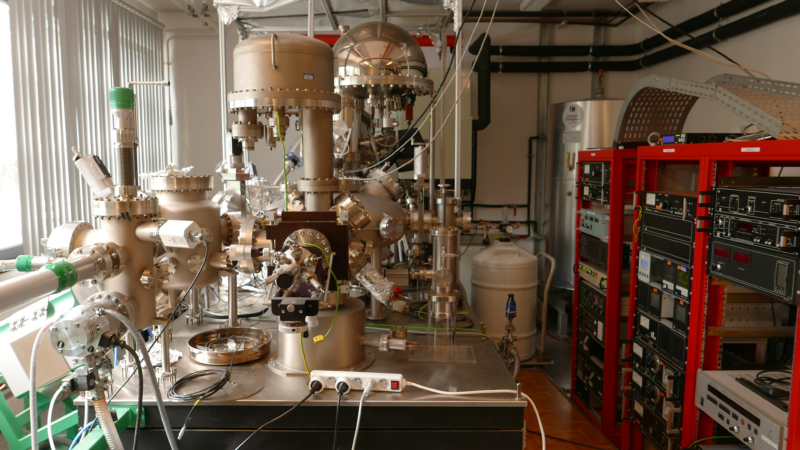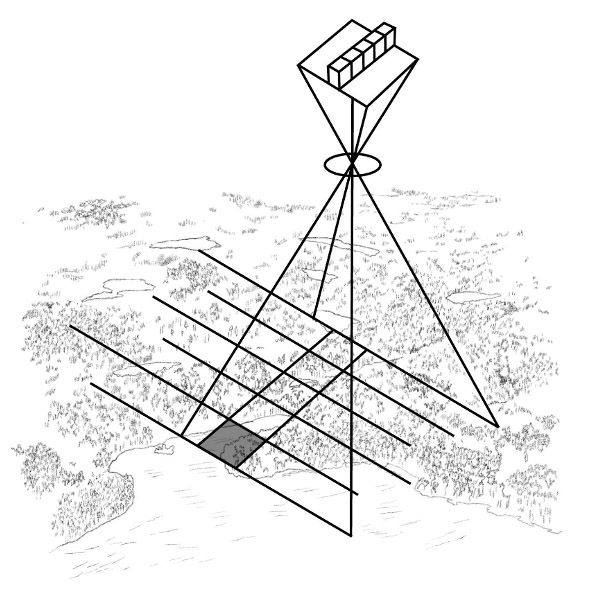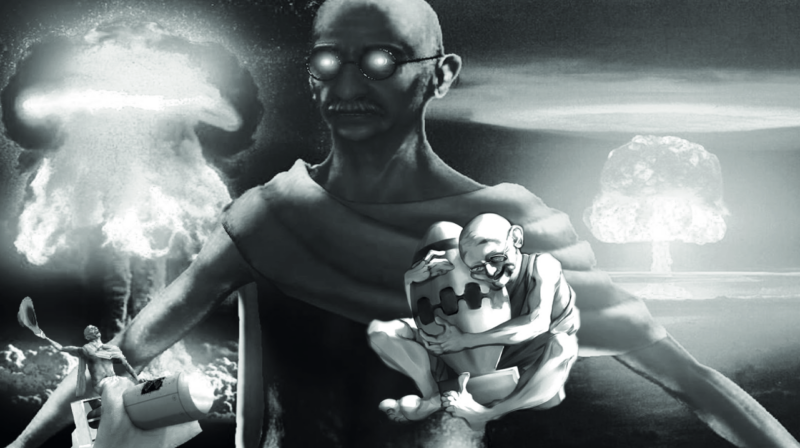
dr Elżbieta Kowalska
Elżbieta Kowalska is an academic lecturer, researcher, and designer based in Gdynia, Poland. She graduated with a BA in Printmaking from the University of Arts in Poznań, MA in Interactive Media and Performances and then with a PhD from Adam Mickiewicz University in Poznań.
In 2024, under the supervision of prof. Agnieszka Jelewska, she defended with distinction her doctoral thesis Earth Datafication. Critical studies on history, development and cultural practices based on geographic information systems. In her practice she works with feminist and critical methodologies seeking to understand how technologies such as geographic information systems and spatial mapping technologies are imagined, constructed and operated, and how they influence the world and social imaginations.
Her articles have been published in the journals Studia Humanistyczne AGH and View. Theories and Practices of Visual Culture. Kowalska’s next peer-reviewed text will be published in Hyphen Journal (2025). She has had the opportunity to present her research at international conferences: Hyphen Colloquium: Overflows and Interdependencies at the University of Westminster in London (2020, online) and Nordic Environmental Social Science Conference: Emergency and transformation at the University of Gothenburg in Sweden (2022).
She is a co-author of the New Message project — an interactive installation inspired by the work of Stanisław Lem — which was unveiled at the Prague Quadrennial (2019), presenting another version of the New Message — Fertile Imaginations at the WRO Art Biennale (2022). Furthermore, she was responsible for the graphic design of Karolina Sobecka’s artistic intervention Field Remediations: Salvage at the Conference of Parties 24 in Katowice (2019). In 2022, she assisted in the editing of the film Chicory Unpacked (European Horizon 2020) by artists and researchers Jill Scott and Marille Hahne.
She teaches creative coding, digital mapping and critical studies of culture and technology to students and public institutions. Likewise, she has many years of experience in graphic and web design, digital animation, web programming, interactive interfaces and simple games.
Contact: elzkow(at)amu.edu.pl



